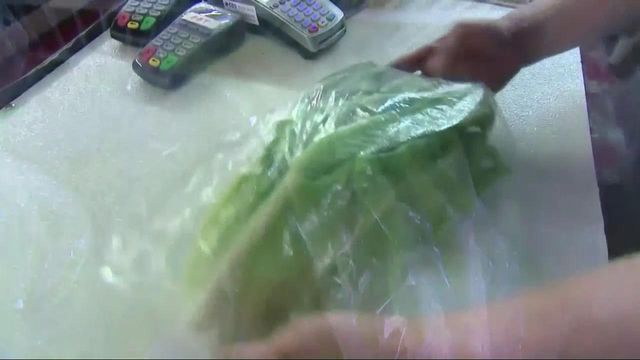RTP company offers answers for future food scares
Food Logiq uses software technology to trace problems along the food supply chain from farm to fork.
Posted — UpdatedRepresentatives of FoodLogiQ say the event illustrated the importance of a faster response in identifying and removing tainted food from stores or restaurants.
News of the scare attracted huge national interest.
"Consumers want to know more about what they're eating than they ever have," says Katy Jones, FoodLogiQ's chief marketing and strategy officer.
The company's data collection along the various parts of the food supply chain along with their software technology enables them to identify and trace affected products "from farm to fork."
Chief Product Officer Todd Dolinsky says their platform for food safety and traceability is called "FoodLogiQConnect."
Pointing to data that represents a sample recall scenario, Dolinsky said, "So this is kind of like the central hub for the recall process." Graphics show how many people were contacted in the scenario and how many case units were removed.
Dolinsky says that without these tools available during a food scare, restaurants and stores play it safe, removing all meats or produce that could possibly be under suspicion. With FoodLogiQ Connect, Dolinsky says, "Not only can you try to determine what the source of a food-related issue is, you can also determine where else did that product go."
Not only can affected stores and restaurants be identified, but Dolinsky says unaffected food businesses can be notified so that they might avoid wasting safe food, keep more of their customers and save money.
"Those are the food companies that are really going to win in the future," says Jones.
Related Topics
• Credits
Copyright 2024 by Capitol Broadcasting Company. All rights reserved. This material may not be published, broadcast, rewritten or redistributed.





